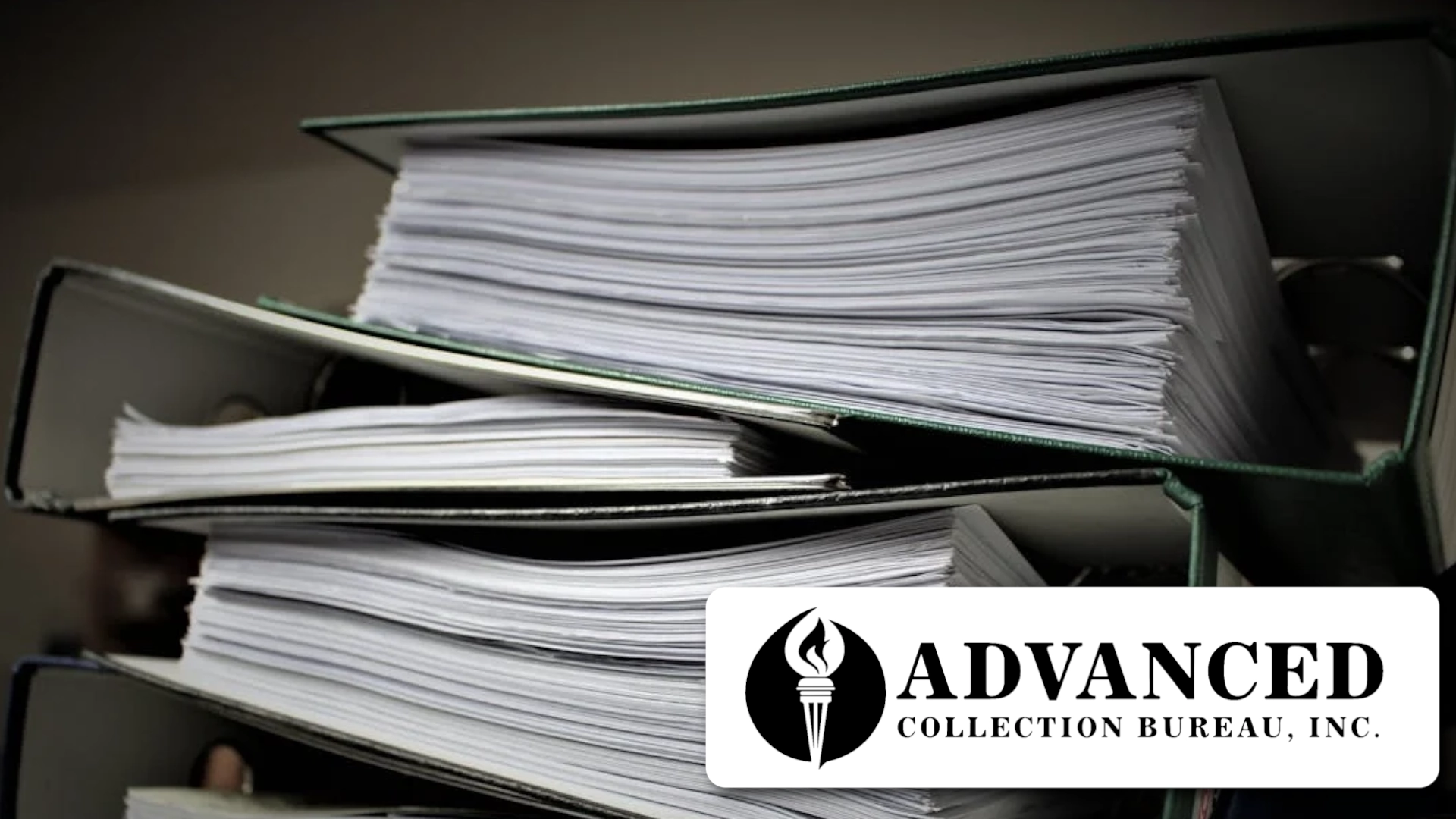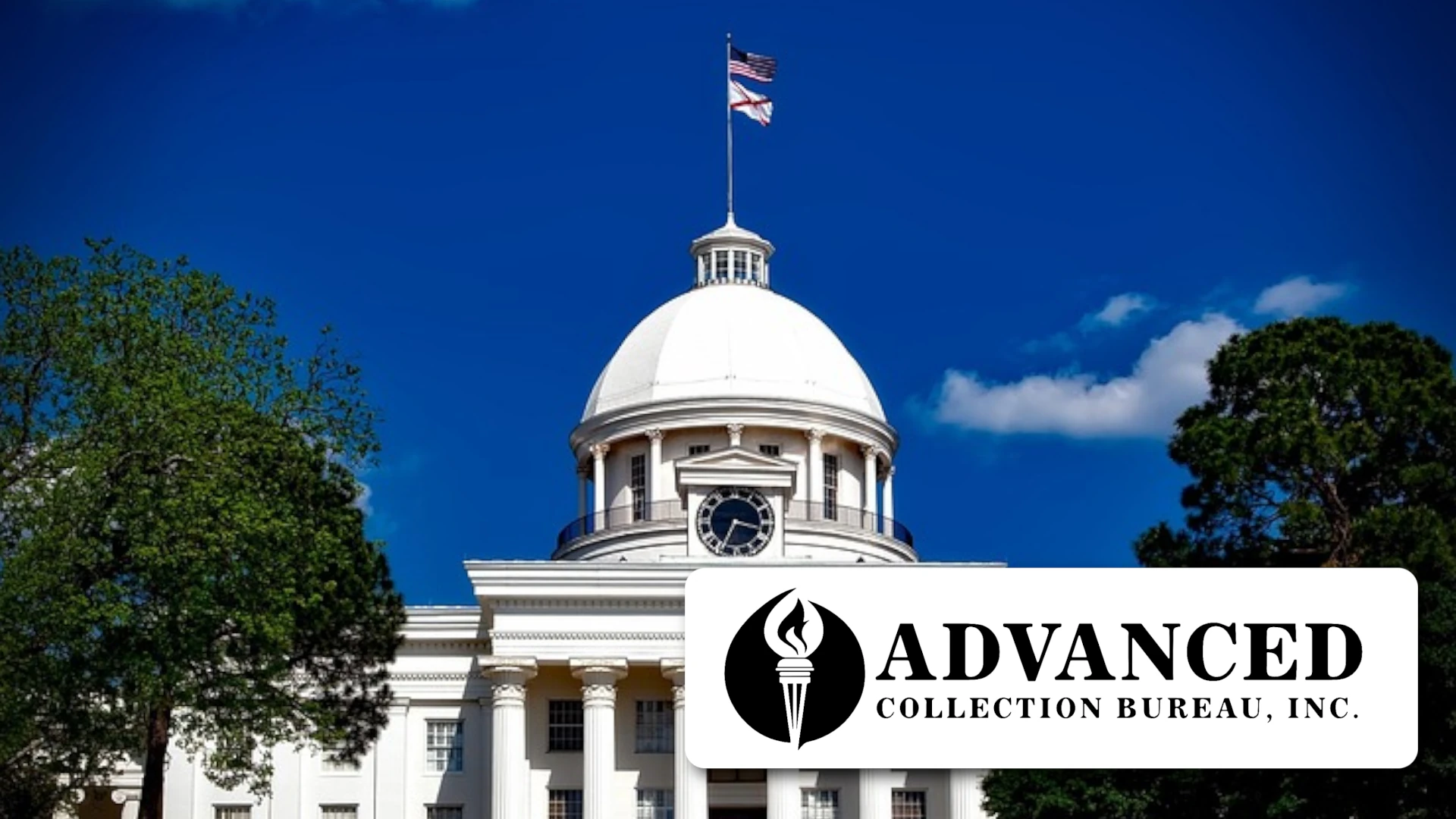Hearing from a debt collector can feel overwhelming. But did you know that federal law protects you from being treated unfairly during the debt collection process? The Fair Debt Collection Practices Act (FDCPA) is designed to make sure you’re treated with respect, not intimidation.
Whether you're a landlord, property manager, or someone being contacted about a debt, understanding the FDCPA is essential. At Advanced Collection Bureau (ACB), we follow this law strictly—and we believe you should know exactly how it protects you.
Let’s break it down simply.
What Is the Fair Debt Collection Practices Act?
The FDCPA is a federal law passed in 1977. Its goal is to prevent abusive, deceptive, and unfair practices by third-party debt collectors. In short, it lays out rules that debt collectors must follow and gives you clear rights when you’re being contacted about a debt.
This law applies to most personal, family, and household debts. That includes things like unpaid rent, medical bills, and credit card balances—but not business debts.
What Collectors Can and Can’t Do
Under the FDCPA, collectors are not allowed to:
- Call you before 8 a.m. or after 9 p.m. unless you say it’s okay
- Contact you at work if you’ve told them not to
- Use threats, profanity, or aggressive language
- Misrepresent who they are or the amount you owe
- Call repeatedly to annoy or harass you
- Share details about your debt with others (except your attorney or a spouse)
They are allowed to contact you by phone, letter, email, or text—but only within these boundaries. You also have the right to request that they stop contacting you entirely, in writing.
Want to see how these rules play out in rental housing situations? Check out How to Effectively Communicate with Non-Paying Former Tenants for real-world context.
What Are Your Rights?
If a debt collector contacts you, you have the right to:
- Ask for proof of the debt (called “debt validation”)
- Dispute the debt if you believe it’s incorrect
- Request that all communication be in writing
- Limit how and when they contact you
The collector must send you a written notice within five days of first contacting you. This notice must include the amount you owe, who you owe it to, and your rights to dispute the debt.
If they don’t? That’s a violation.
At ACB, we’re committed to staying compliant while still helping property managers recover overdue rent. You can learn more about our professional approach in How Apartment Debt Collection Works.
Why This Matters for Property Managers Too
If you manage rental properties and use a third-party collection agency, it’s your responsibility to work with an agency that follows the FDCPA. If the agency violates the law, it can create serious legal trouble—not just for them, but potentially for you as the original creditor.
Choosing a compliant partner like ACB means fewer headaches, less risk, and better results. We never charge upfront fees, and we treat every tenant—current or former—with professionalism.
Explore our compliance-first recovery process in When to Outsource Debt Recovery for Your Managed Properties.
What If a Collector Violates the Law?
If you believe your FDCPA rights have been violated, you have options:
- File a complaint with the Consumer Financial Protection Bureau (CFPB)
- Report the agency to your state attorney general
- Take legal action in federal court (you could recover damages and legal fees)
But the good news? Many reputable agencies, including ACB, make FDCPA compliance a top priority.














